The Legacy of Spike Lee: Revolutionizing Black Representation in Film
Spotlight Stories - Visual Archive
Spike Lee stands as one of the most influential and groundbreaking figures in modern cinema. Over his four-decade career, Lee has transformed the landscape of American filmmaking by telling unapologetically Black stories with depth, nuance, and authenticity. Through his artistry as a director, writer, actor, and producer, Lee has not only highlighted social and racial injustices but also celebrated the richness of Black culture. This article explores his iconic works, their impact on the portrayal of Black people in film, and the legacy Lee continues to build.
Spike Lee burst onto the scene with his debut feature film, She’s Gotta Have It (1986). Shot on a modest $175,000 budget, the movie told the story of Nola Darling, a young, independent Black woman juggling relationships with three men. The film was groundbreaking for its honest portrayal of Black sexuality, agency, and complexity. It presented a rare vision of a Black female protagonist who lived unapologetically on her terms. The film's success helped pave the way for independent Black cinema, proving that films centered on Black experiences could resonate with wider audiences.
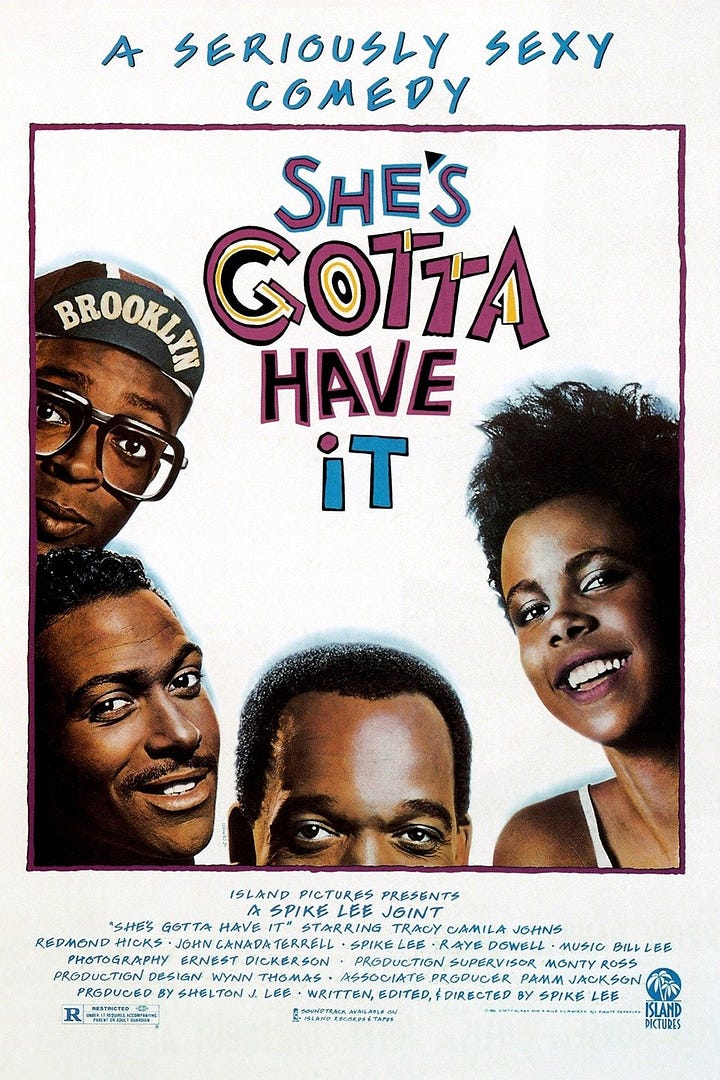
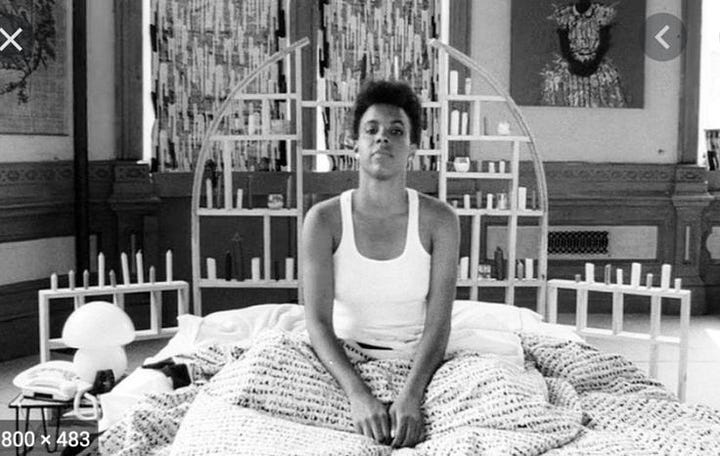
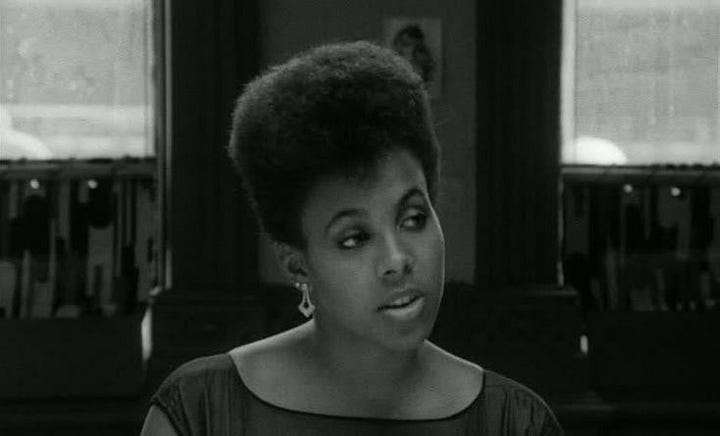
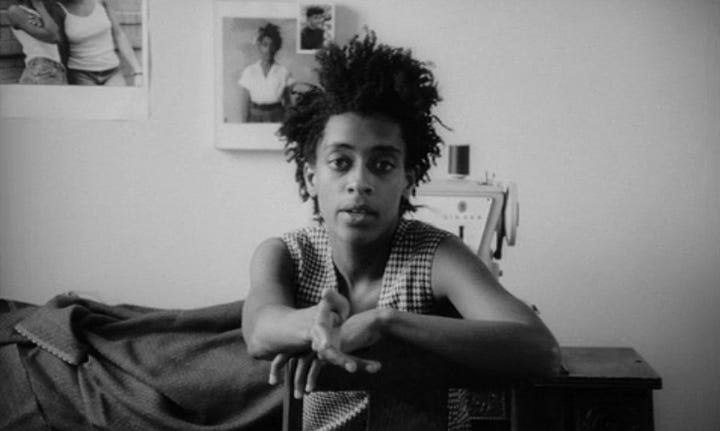
Lee's follow-up, School Daze (1988), took a bold look at the tensions within the Black community, particularly at historically Black colleges and universities (HBCUs). The musical-comedy-drama examined colorism, classism, and activism, challenging the audience to confront issues that are often left unspoken. With its vibrant aesthetic and sharp social critique, School Daze cemented Lee’s reputation as a filmmaker unafraid to confront uncomfortable truths.
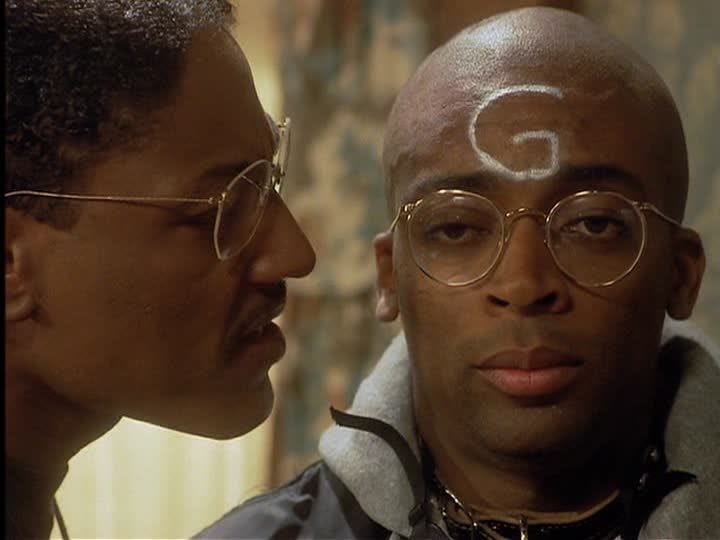
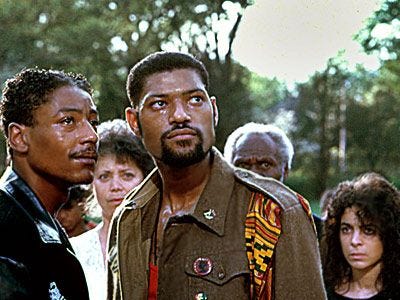
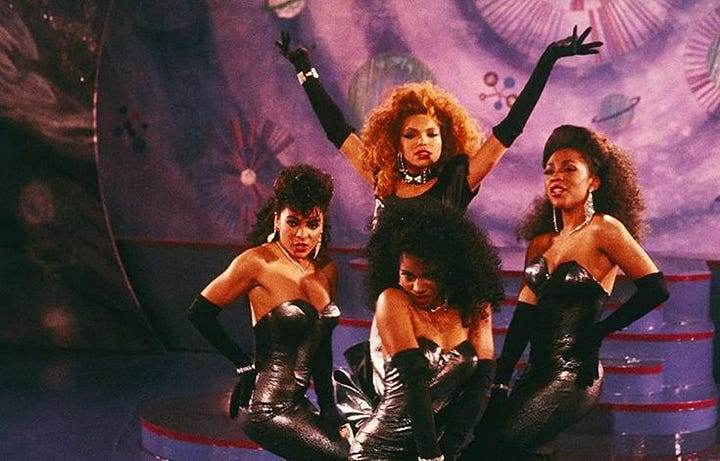
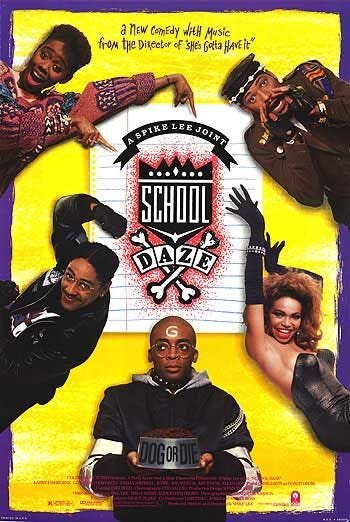
In 1989, Spike Lee released his magnum opus, Do The Right Thing. Set in the Bedford-Stuyvesant neighborhood of Brooklyn during a sweltering summer, the film captures the simmering racial tensions that boil over into violence. Featuring an ensemble cast that included Lee himself as the delivery boy Mookie, the movie addressed themes of police brutality, gentrification, and systemic racism with an intensity that remains relevant today.
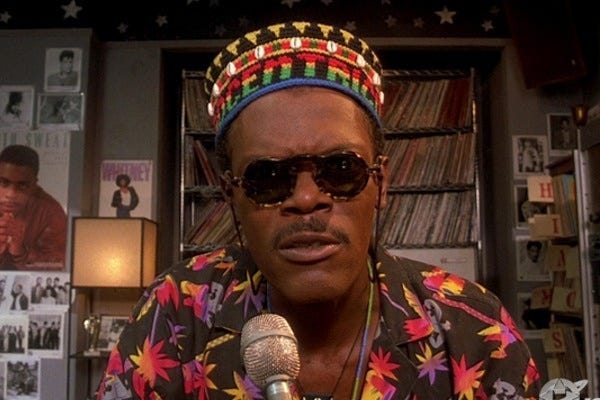
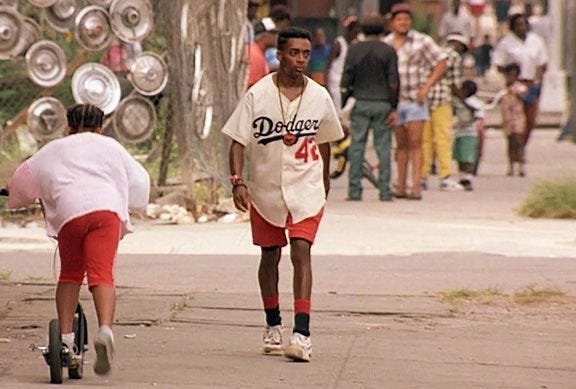
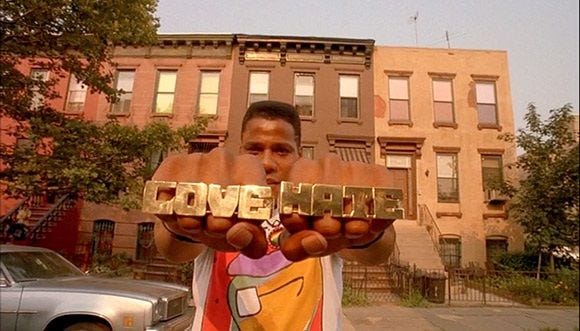
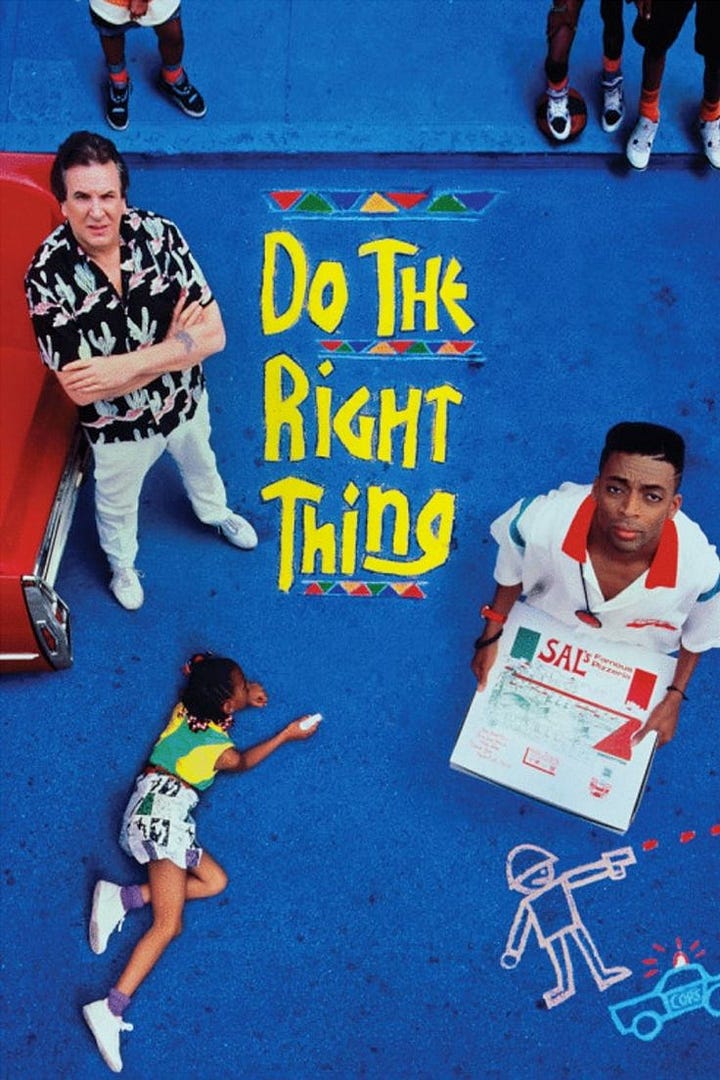
The film's ending left audiences divided—should Mookie have thrown the trash can through Sal's pizzeria window? Was the riot justified? By refusing to provide easy answers, Lee sparked conversations about race and justice that are still discussed in film studies classes and beyond. Do The Right Thing was a watershed moment in American cinema, showcasing the power of film to challenge societal norms while offering a deeply personal and artistic vision.
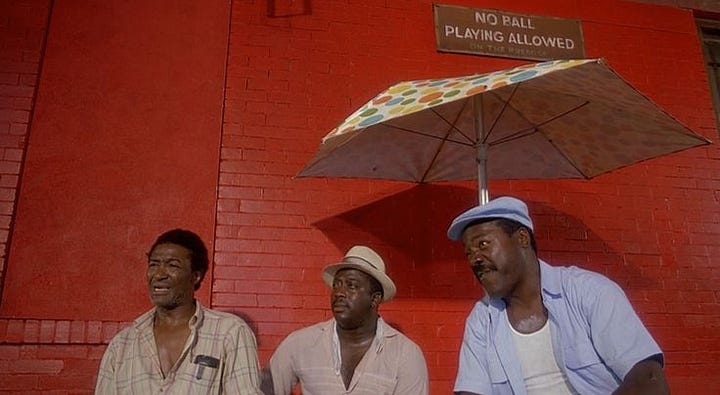
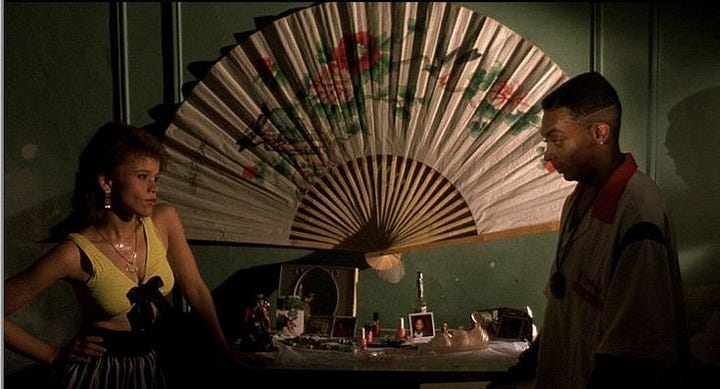
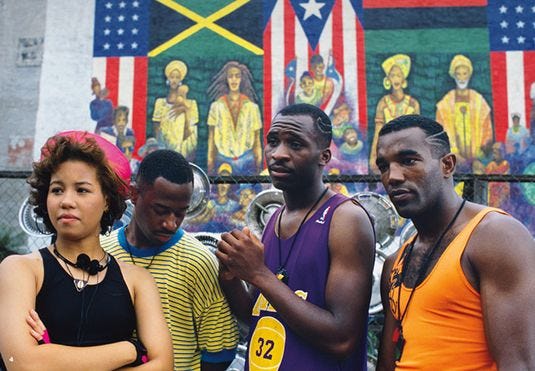

In the 1990s, Spike Lee continued to push boundaries with films that explored identity, artistry, and family. Mo’ Better Blues (1990), starring Denzel Washington as jazz musician Bleek Gilliam, examined the struggles of an artist balancing ambition, love, and loyalty. With a soulful soundtrack by Branford Marsalis and Terence Blanchard, the film celebrated Black music and artistry while delving into themes of self-destruction and redemption.
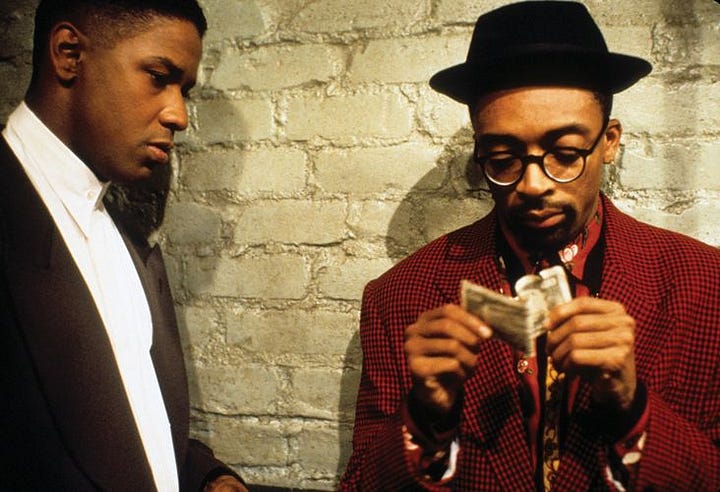
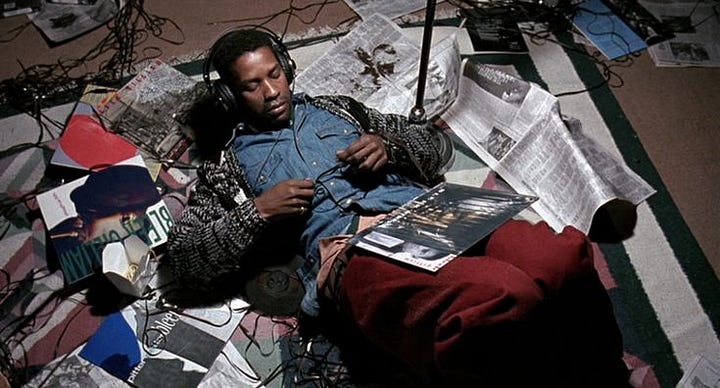
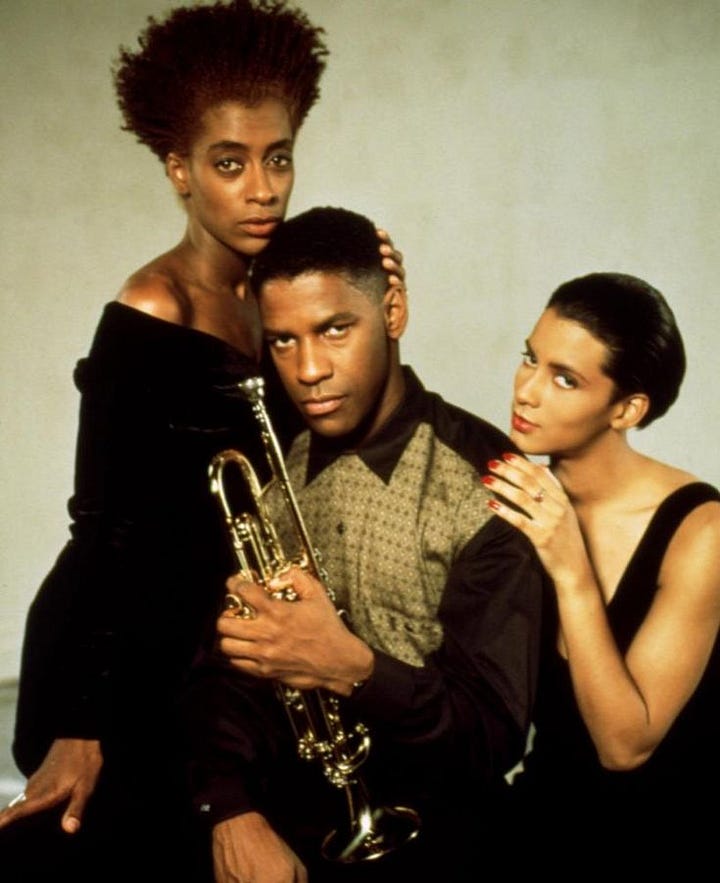
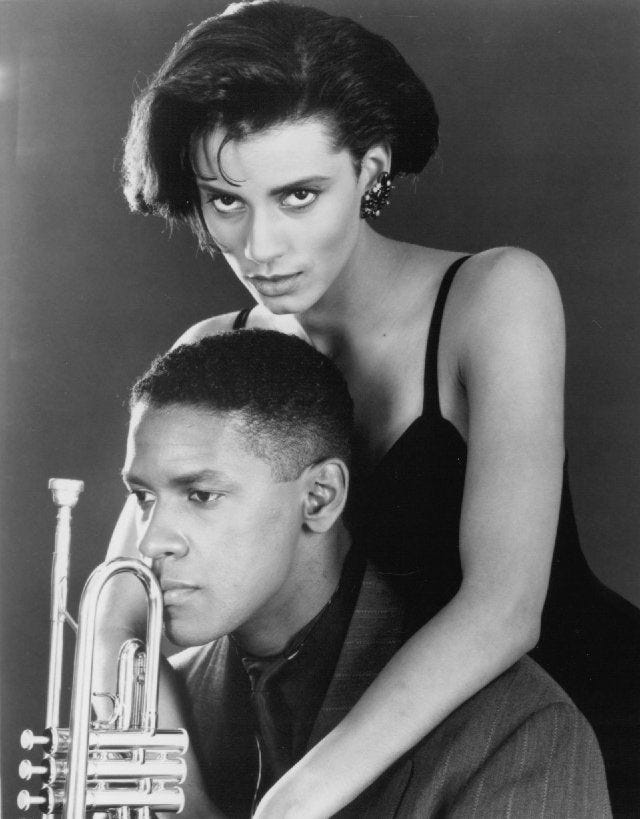
Crooklyn (1994), a semi-autobiographical film, took a different tone, focusing on a Black family in 1970s Brooklyn. Told through the eyes of a young girl named Troy, the film was a poignant and nostalgic exploration of childhood, family bonds, and loss. With its warm, authentic portrayal of everyday life, Crooklyn resonated deeply with audiences, showcasing Lee's ability to tell universal stories through a distinctly Black lens.
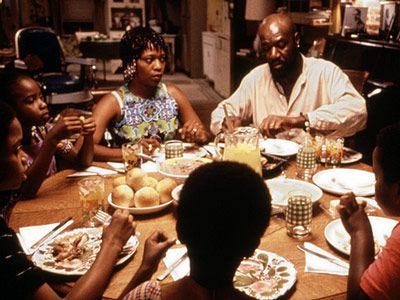
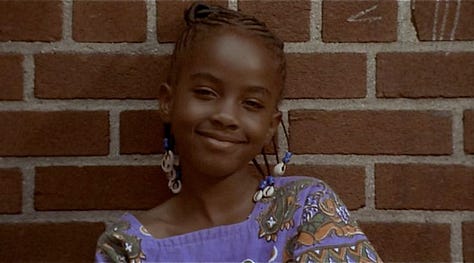
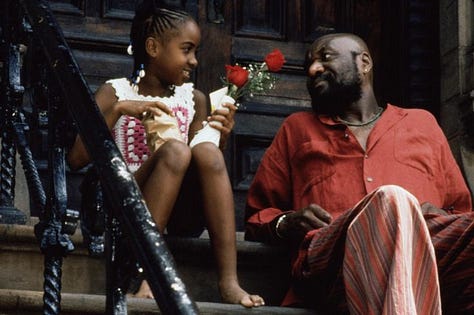
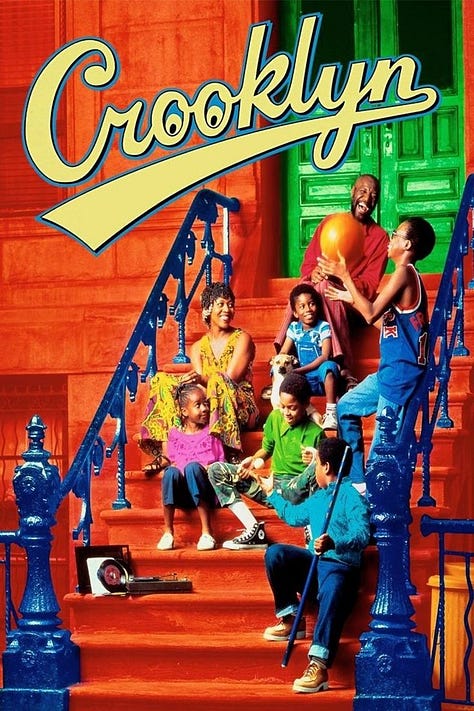
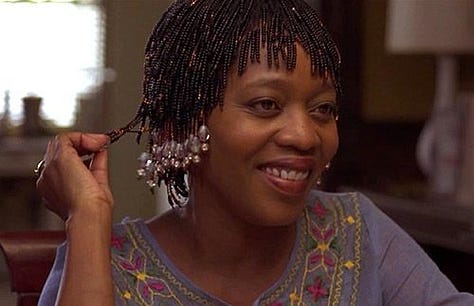
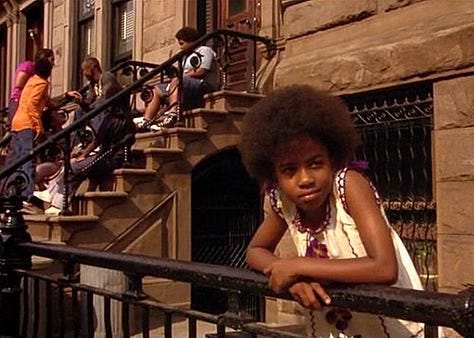
As Lee’s career progressed, he began experimenting with different genres and formats while maintaining his focus on meaningful storytelling. In All the Invisible Children (2005), Lee contributed to a global anthology of short films about childhood struggles. His segment explored the lives of children impacted by poverty and systemic neglect, underscoring his global perspective on inequality.
Inside Man (2006), a slick heist thriller starring Denzel Washington, Clive Owen, and Jodie Foster, showcased Lee’s versatility as a filmmaker. While the film deviated from his usual socially charged narratives, it still contained subtle critiques of power and privilege. The movie was a commercial and critical success, proving Lee could master mainstream genres without sacrificing his unique voice.
In Miracle at St. Anna (2008), Lee tackled World War II through the lens of the Black soldiers who served in the 92nd Infantry Division, also known as the Buffalo Soldiers. The film highlighted their bravery and the racism they faced, offering a perspective often omitted from traditional war movies. Though the film received mixed reviews, its ambition and focus on forgotten history were quintessentially Spike Lee.
Lee’s documentary Bad 25 (2012) celebrated the 25th anniversary of Michael Jackson’s Bad album. The film delved into the creative process behind the iconic record, featuring interviews with collaborators and archival footage. This work demonstrated Lee’s reverence for Black cultural icons and his ability to capture their impact on the world.
Spike Lee entered the 2010s with a renewed sense of urgency and purpose. Chi-Raq (2015), a modern adaptation of Aristophanes’ Lysistrata, tackled gun violence in Chicago through a provocative mix of humor, drama, and musicality. By blending ancient Greek theater with contemporary issues, Lee once again showcased his ability to innovate while addressing urgent societal problems.
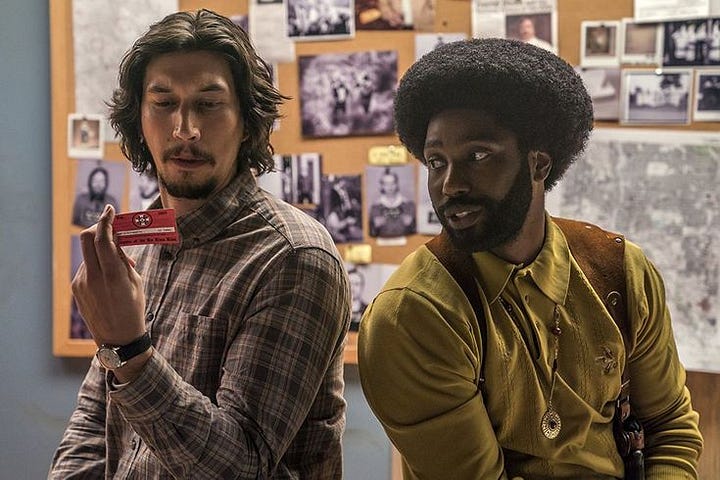
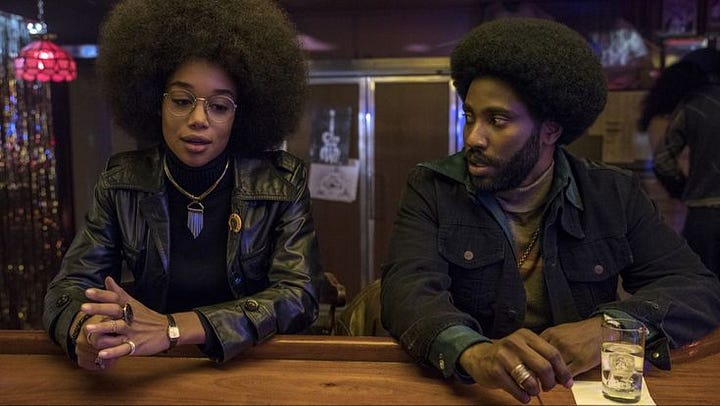
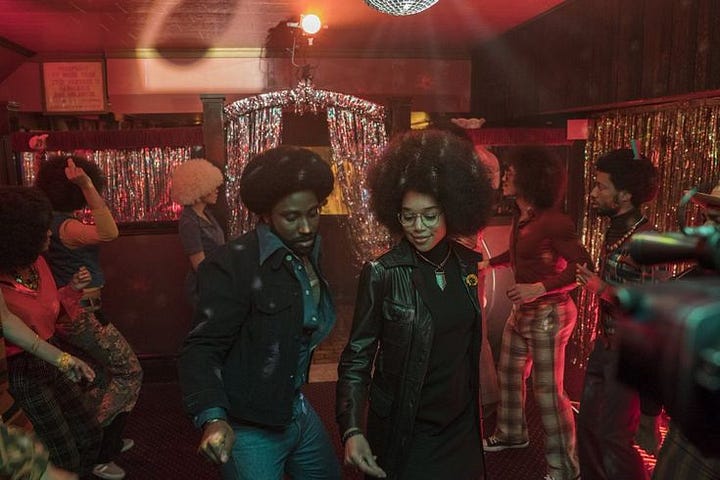
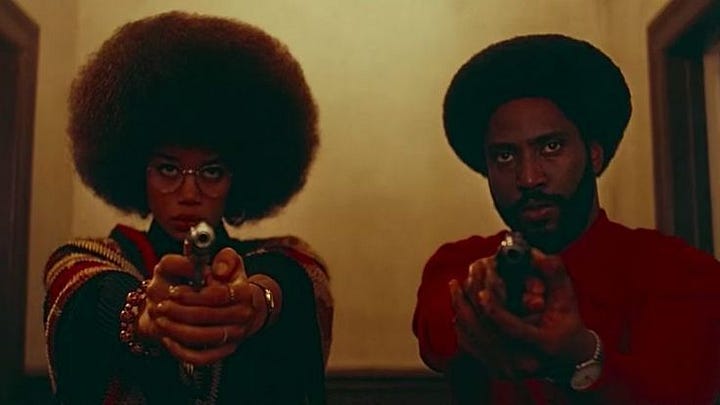
In 2018, Lee earned his first Academy Award for BlacKkKlansman. The film, based on the true story of a Black detective infiltrating the Ku Klux Klan, was both a gripping thriller and a searing commentary on racism in America. With a powerful ending that tied the story to the events of the 2017 Charlottesville rally, Lee reminded audiences that the fight against racism is far from over.
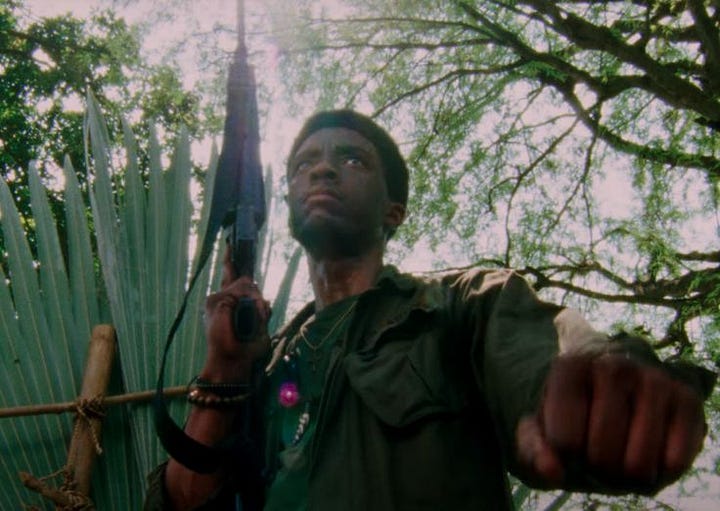
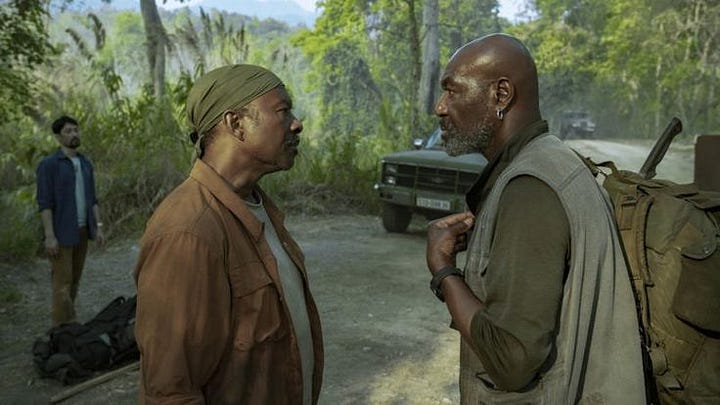
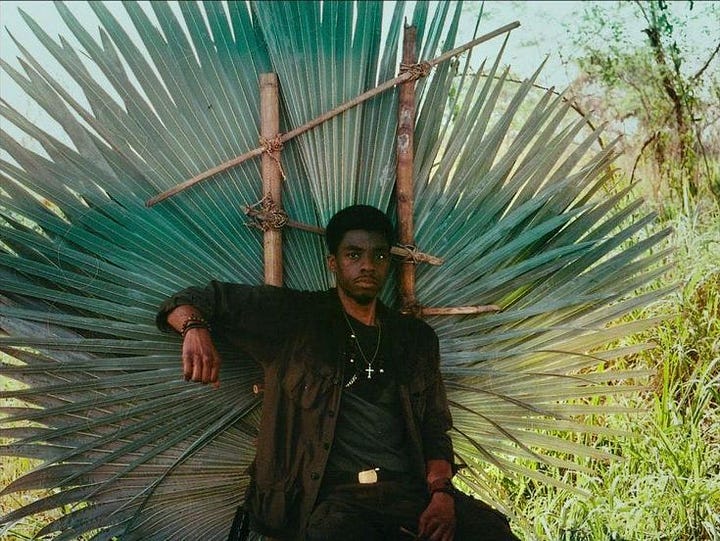
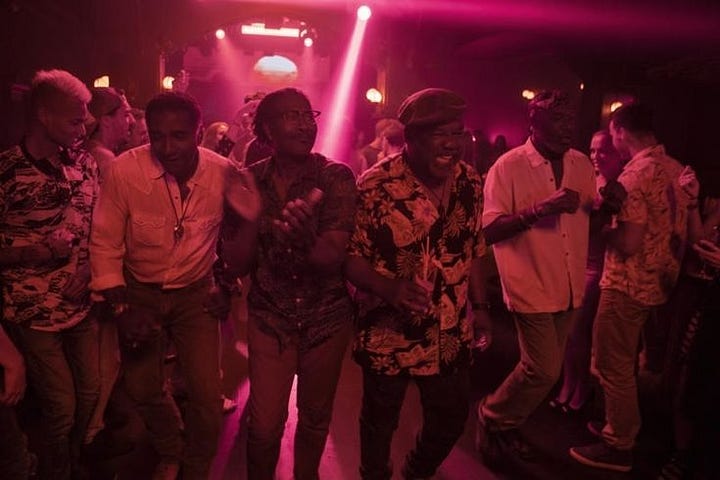
Da 5 Bloods (2020) explored the experiences of Black Vietnam War veterans returning to the country decades later to retrieve the remains of their fallen comrade. The film masterfully intertwined personal and historical trauma, earning praise for its bold storytelling and poignant performances.
In 2020, Lee directed American Utopia, a filmed version of David Byrne’s Broadway show. While seemingly a departure from his usual work, the film celebrated art’s power to unite and inspire, themes central to Lee’s career. Through its dynamic visuals and vibrant energy, American Utopia reflected Lee’s optimism and belief in the transformative potential of creativity.
Spike Lee’s contributions to cinema extend far beyond his individual films. He has redefined what it means to tell Black stories on screen, challenging stereotypes and broadening the scope of representation. His work has opened doors for a new generation of Black filmmakers, inspiring them to push boundaries and embrace their unique voices.
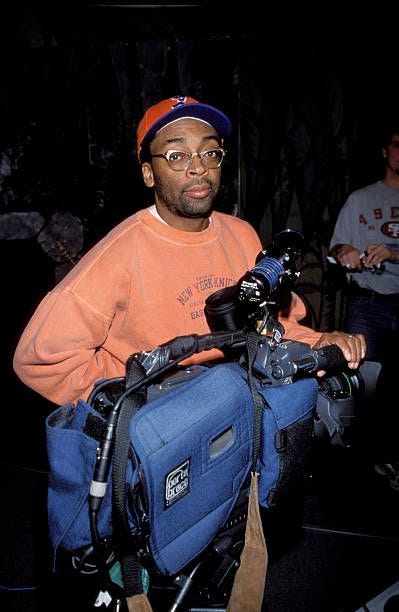
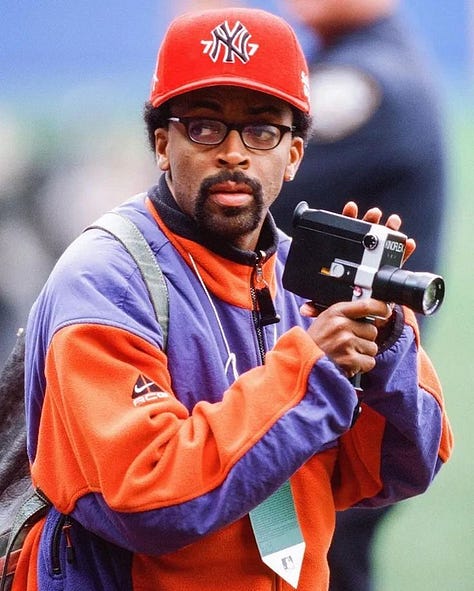
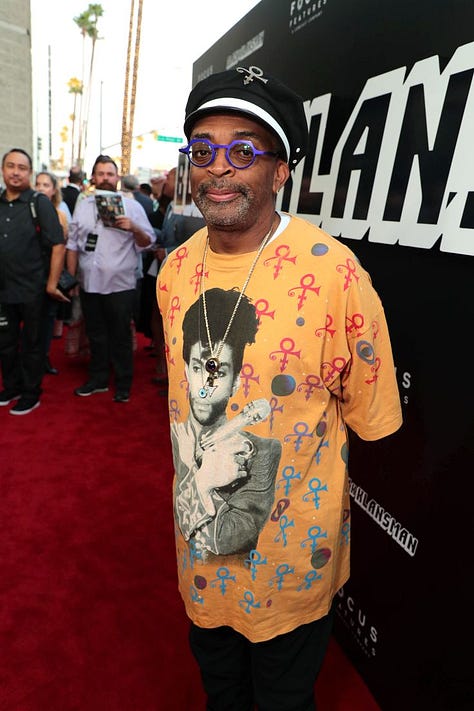
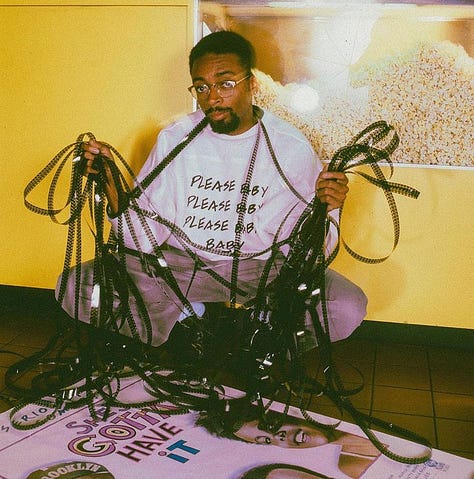
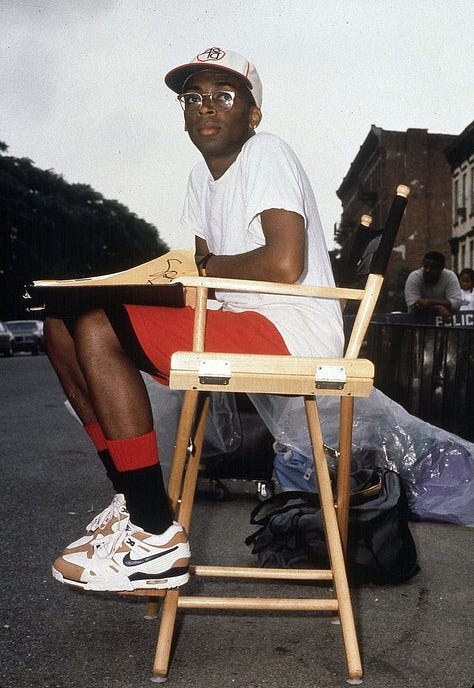
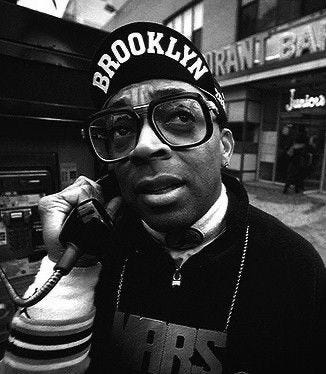
Through his films, Lee has created a powerful body of work that captures the struggles, triumphs, and complexities of Black life. From the streets of Brooklyn to the jungles of Vietnam, his stories resonate because they are rooted in truth and a relentless pursuit of justice. Spike Lee’s legacy is not just his films—it is the conversations they ignite, the perspectives they change, and the barriers they break down.
As he continues to create, Spike Lee remains a vital force in cinema, a reminder that art has the power to challenge, to heal, and to inspire. His enduring impact ensures that his name will forever be synonymous with the fight for equality and the celebration of Black excellence in film.
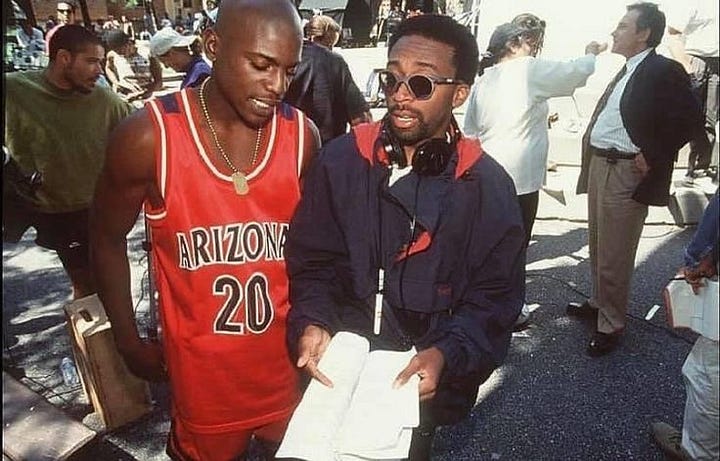

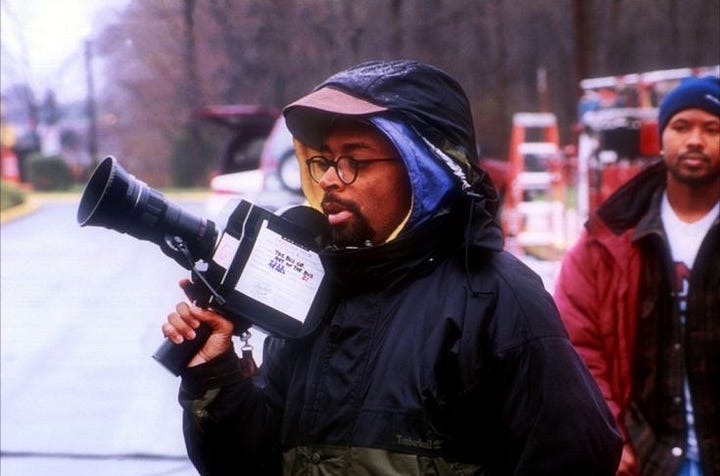
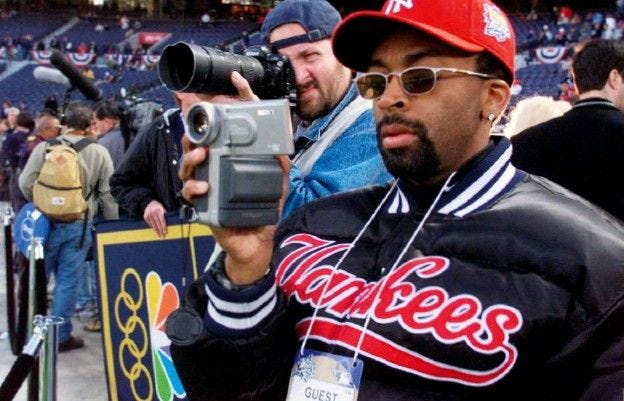
The legacy of Spike Lee underscores the importance of elevating diverse voices in cinema. Supporting Black filmmakers is vital to ensuring that stories from all walks of life are told with authenticity and depth. By championing their work, we help create a more inclusive and representative film industry where different perspectives can thrive.
Whether it’s by watching their films, sharing their work, or advocating for equitable opportunities in Hollywood and beyond, every effort matters. Let us celebrate and uplift the talents of Black filmmakers, honoring their contributions to culture and their role in shaping the narratives that define our world.
Actor on Sight: Angela Bassett – A Trailblazer in Hollywood and Beyond
Angela Bassett is a name synonymous with brilliance, depth, and cultural impact. From her commanding screen presence to her trailblazing roles, Bassett has solidified her position as one of the most legendary figures in Hollywood. Her work transcends acting; it is a celebration of resilience, artistry, and representation f…


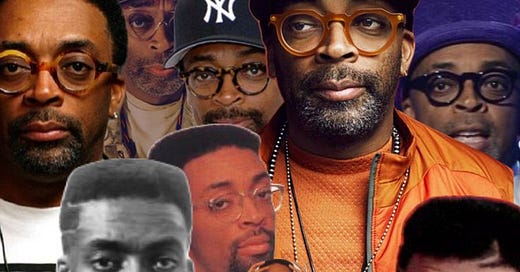










Legend
We need a filmmaker series!!